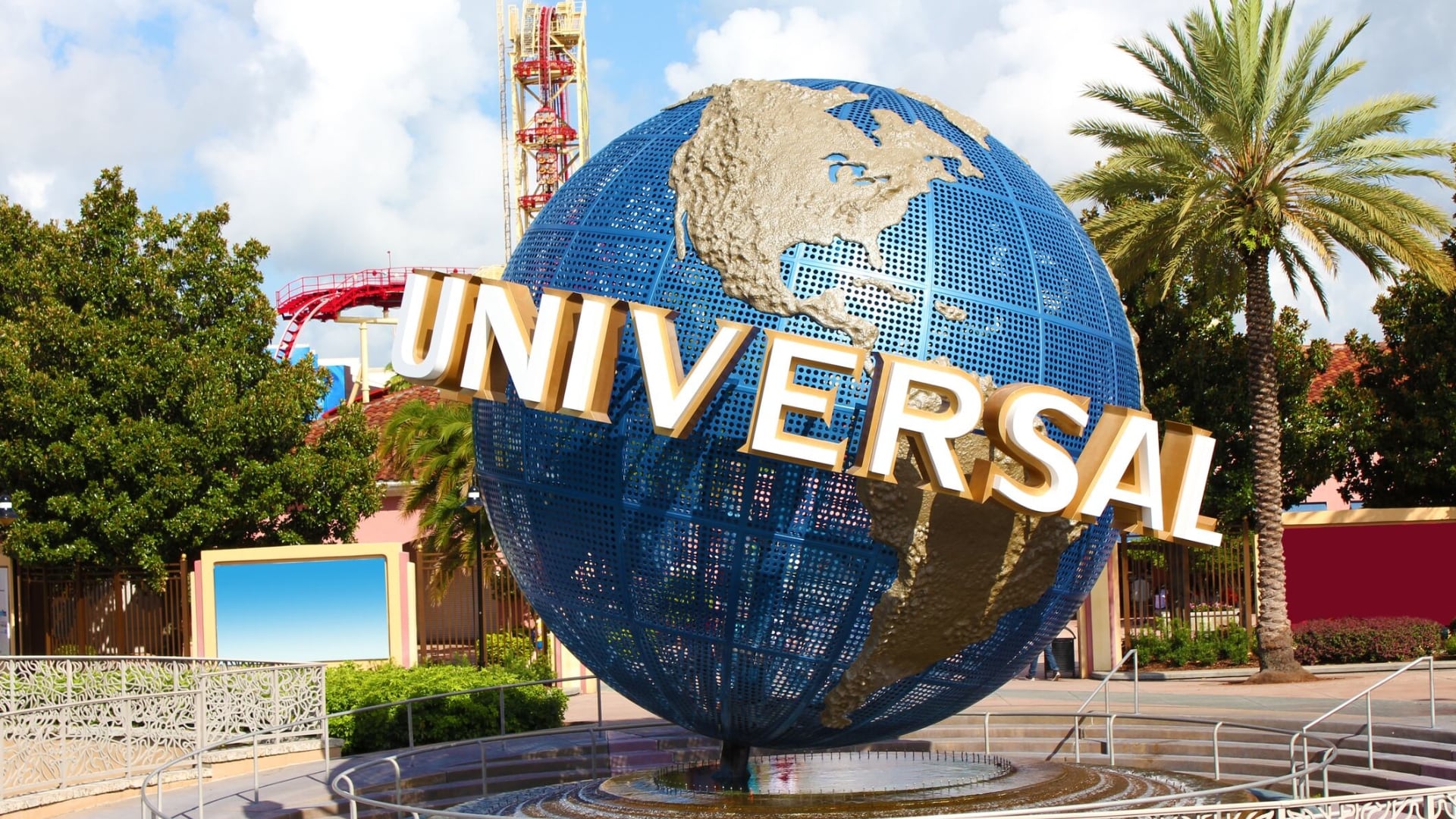Adult-use cannabis legalization remains a priority for New York, said Gov. Andrew Cuomo, who has put social justice-focused legalization on his 2020 to-do list.
“Let’s work with our neighbors New Jersey, Connecticut, and Pennsylvania to coordinate a safe and fair system, and let’s legalize adult use of marijuana,” Cuomo told lawmakers and New York state residents during an address from the capital on Wednesday.
He made the comments during his annual State of the State address, in which he outlines his administration’s priorities for the year ahead and discusses victories from the prior year. One thing New York failed twice to accomplish last year was, of course, adult-use cannabis legalization.
Historically opposed to cannabis legalization, Cuomo called cannabis a “gateway drug” as recently as 2017. But he pulled a political 180 in 2018 and added cannabis legalization to the agenda for the first 100 days of his term the following year.
Disagreements over what to do with cannabis tax revenue, concerns over drugged driving, lack of support among more conservative state senators, and coordinated opposition efforts from groups like Smart Approaches to Marijuana ultimately derailed efforts ー first to include legalization in the state budget, then to pass the Marijuana Regulation and Taxation Act through the legislature ー but Cuomo’s State of the State confirms the governor is still championing the cause.
He also proposed creating a “first of its kind global cannabis and hemp research center” in partnership with the State University of New York so “New York can lead the way.”
His comments follow close on the heels of neighboring New Jersey’s decision to put cannabis on the 2020 ballot for New Jersey voters. After the Garden State similarly failed to legalize cannabis through the legislative process last year, state lawmakers voted in December to let the people decide. Media portrayed the coinciding pushes in New Jersey and New York as a race between the two states, and their leaders, last year.
Although both states ultimately failed, Cuomo and New Jersey Gov. Phil Murphy did come together in October along with governors from Connecticut and leadership from Massachusetts, Rhode Island, and Colorado at a cannabis-focused summit. The aim of the summit was to coordinate on taxation, licensing, and other regulations in the event of future legalization, Marijuana Moment reported. Cuomo’s comments during Wednesday’s address suggest similar collaboration in the year ahead.
Despite failing to fully legalize cannabis in 2019, New York did decriminalize cannabis, passing a law that made possession of two ounces or less of cannabis a violation, instead of a criminal offense. Cuomo praised the law, which went into effect in August, in his State of the State.
“For decades, communities of color were disproportionately affected by the unequal enforcement of marijuana laws. Last year, we righted that injustice when we decriminalized possession,” he said.
But activists aren’t convinced decriminalization really rights the wrongs of decades of disproportionate enforcement, and negative consequences from cannabis criminalization on low-income and minority communities.
“Decriminalization alone will never be enough to right the injustices of discriminatory marijuana enforcement. We need to ensure any bill legalizing and regulating marijuana includes opportunities for New Yorkers who have been directly impacted by decades of prohibition to excel in the new market and must also dedicate significant funds to those communities most impacted by the war on drugs,” Kassandra Frederique, director of cannabis advocacy group Drug Policy Alliance, said in a statement. “New York has an opportunity this year to become a leading example when it comes to implementing cannabis legalization from a social justice lens, where other states have fallen short.”
Many states have tried — with varying degrees of success — to implement social equity programs and attempt to alleviate some of the damages of cannabis criminalization on vulnerable communities. Illinois has been widely praised as taking a more sweeping social justice — and equity — focused approach to cannabis legalization than other states. But just days after the kick-off of the midwestern state’s program, and months before the state will begin awarding social equity licenses, it remains to be seen just how effective Illinois’ program will shape up to be.













